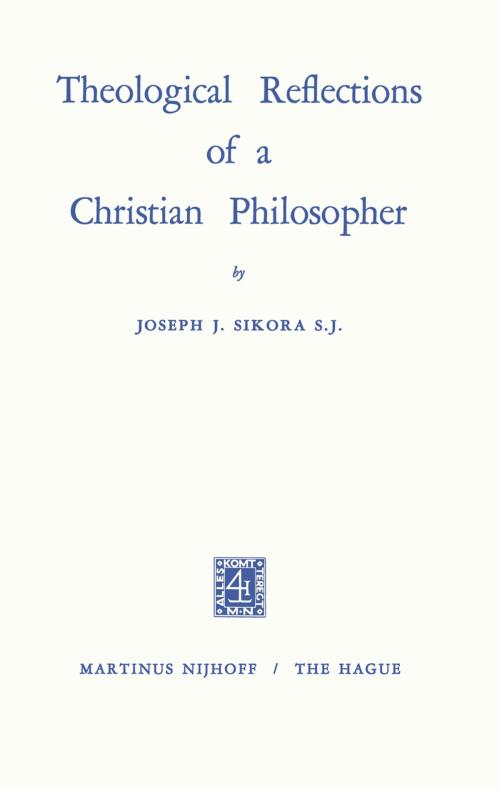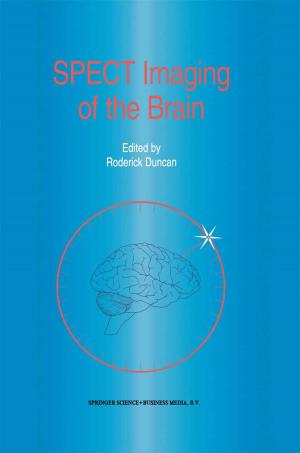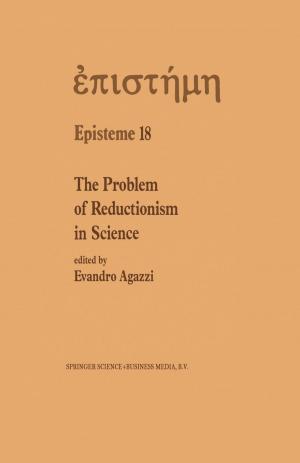Theological Reflections of a Christian Philosopher
Nonfiction, Religion & Spirituality, Philosophy, Religious| Author: | Joseph John Sikora | ISBN: | 9789401195768 |
| Publisher: | Springer Netherlands | Publication: | December 6, 2012 |
| Imprint: | Springer | Language: | English |
| Author: | Joseph John Sikora |
| ISBN: | 9789401195768 |
| Publisher: | Springer Netherlands |
| Publication: | December 6, 2012 |
| Imprint: | Springer |
| Language: | English |
The essays which follow, as theological reflections of a Christian the ontological reality of philosopher, are essays of inquiry concerning and underlying truths revealed by God. Divine revelation of course cannot be encompassed within a few dogmatic formulae in any ade quate manner; it is the mysterious plenitude of the historical human encounter with the self-revealing God Who has revealed His salvific designs for men. This revelation can be approached from many view points of scientific study, such as those of religious psychology, histori cal theology, Scriptural study, the history of dogmas, but also that of the philosophical thinker seeking to understand what he has already believed - so far as this be possible in regard to the mysteries of God's inner life and of the new creation that He works in us by His grace. In our rather non-metaphysical age such an inquiry into the underlying ontological reality opened to us by the revelation of God is somewhat unfashionable; but the issues remain, and in fact one can only choose between a rather unconsciously and uncritically accepted attitude about the ontological significance of such dogmatic truths as the existence of the Trinity and the hypostatic union and created grace, and a consciously and critically developed analysis in the light of, and with the help of such understanding of being as the philosophers can offer. Metaphysical theology of this kind is here to stay, regardless of some "prophets" who would cut away the ground on which they stand.
The essays which follow, as theological reflections of a Christian the ontological reality of philosopher, are essays of inquiry concerning and underlying truths revealed by God. Divine revelation of course cannot be encompassed within a few dogmatic formulae in any ade quate manner; it is the mysterious plenitude of the historical human encounter with the self-revealing God Who has revealed His salvific designs for men. This revelation can be approached from many view points of scientific study, such as those of religious psychology, histori cal theology, Scriptural study, the history of dogmas, but also that of the philosophical thinker seeking to understand what he has already believed - so far as this be possible in regard to the mysteries of God's inner life and of the new creation that He works in us by His grace. In our rather non-metaphysical age such an inquiry into the underlying ontological reality opened to us by the revelation of God is somewhat unfashionable; but the issues remain, and in fact one can only choose between a rather unconsciously and uncritically accepted attitude about the ontological significance of such dogmatic truths as the existence of the Trinity and the hypostatic union and created grace, and a consciously and critically developed analysis in the light of, and with the help of such understanding of being as the philosophers can offer. Metaphysical theology of this kind is here to stay, regardless of some "prophets" who would cut away the ground on which they stand.















